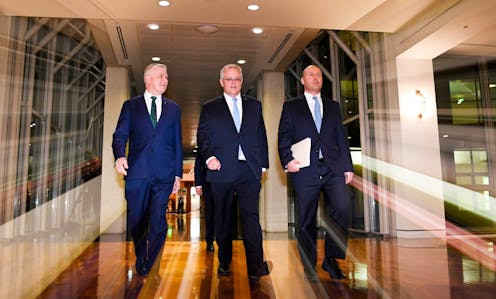
Why does building a home still feel like stepping into the unknown? In an industry where costs blow out and decisions come too late, certainty has...

The company has also launched its developer API to empower creators and builders to integrate AI into their workflows
SYDNEY, Australia – 19 Febr...

Psychological injury is now one of the most expensive categories of workers compensation claims in Australia, with Safe Work Australia reporting t...

Australia’s small businesses are powering ahead with optimism, resilience and discipline, however, mounting pressures on costs, wellbeing and cons...

financial accountability to how they run cloud and AI, according to leading Australian systems integrator, Brennan.
Based on customer insights...

UNSW Launches Global Innovation Foundry to Scale 100 Australian Startups Internationally
New initiative provides startups and spinouts with direc...
 Lukas Coch/AAP
Lukas Coch/AAP






